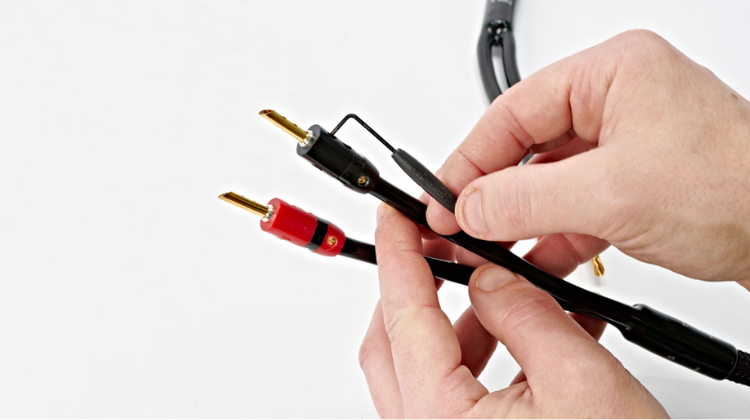When it comes to achieving the best possible sound quality from your audio system, choosing the right speaker cables is just as important as selecting the speakers themselves. Good speaker cable brands are known for producing wires that minimize resistance, preserve signal integrity, Good Speaker Cable Brands – What’s Everyone Using What Are The Different Functions Of Computer Speakers?
and provide consistent performance across various setups. Brands like AudioQuest, Kimber Kable, and Monoprice are frequently recognized for their balance of quality, reliability, and performance, making them trusted choices for both professionals and home users.
For those who seek uncompromising audio fidelity, high-end speaker cables stand out. Companies such as Nordost, Transparent Audio, and Cardas Audio manufacture cables engineered with advanced materials and technologies to reduce distortion and maximize clarity.
These premium options are often used in high-end audiophile setups where every detail in the sound matters. While the cost may be significant, audiophiles who value ultimate precision often find the investment worthwhile.
On platforms like Reddit, discussions about good speaker cable brands highlight both professional and budget-friendly options. Enthusiasts often recommend tried-and-true brands such as Blue Jeans Cable, Canare, and Mogami, which are known for delivering high-quality sound without unnecessary markups.
The consensus in these communities is that while exotic cables exist, many well-constructed mid-range brands provide exceptional performance for most listeners.
When setting up a home theater system, good speaker cable brands that balance durability and sound quality are essential. For this purpose, Belden and Monoprice are highly recommended because they offer reliable performance, easy installation, and strong build quality.
Since home theaters often require longer cable runs, low-resistance wires with high-quality shielding ensure minimal signal loss and consistent surround sound performance.
For budget-conscious audiophiles, there are excellent speaker cable options that don’t compromise on sound quality. Brands like AmazonBasics, Sewell, and KabelDirekt provide affordable cables that deliver clean audio transmission suitable for both entry-level and mid-range systems.
These budget cables can be a smart choice for music lovers who want solid performance without investing heavily in premium brands.
When considering the best speaker wire for home stereo setups, it’s important to focus on gauge, material, and insulation. Oxygen-free copper (OFC) cables are widely preferred because they offer excellent conductivity and long-lasting performance.
Well-known brands like AudioQuest and Blue Jeans Cable provide dependable options designed specifically for stereo systems, ensuring clear sound reproduction with minimal interference.
The type of cable best suited for speakers generally depends on the setup and usage. Standard copper speaker wire is the most common, offering a balance of cost-effectiveness and strong performance. For high-power systems or longer runs,
thicker wires such as 12-gauge are recommended, while 14-gauge wires are sufficient for shorter runs or smaller speakers. Shielded cables may also be necessary in environments with high electrical interference.
When evaluating which cable is best for sound, factors such as conductor quality, thickness, and resistance all play a role. While exotic cables claim to enhance sound characteristics, scientific evidence often suggests that well-made copper cables provide equally excellent sound reproduction.
For most users, focusing on proper gauge and build quality yields better results than investing in overly expensive options.
One common question is whether 12-gauge or 14-gauge speaker wire is better. The general rule is that 12-gauge is ideal for longer distances or higher-powered systems because it reduces resistance and prevents signal loss. On the other hand,
14-gauge is perfectly adequate for shorter runs or smaller systems, offering flexibility and cost savings without noticeably affecting sound quality.
Finally, the debate over whether expensive speaker cables are worth it remains ongoing. While high-end cables may provide subtle improvements in ultra-refined setups, most listeners will not notice a dramatic difference compared to quality mid-range options.
Investing in well-constructed, appropriately gauged copper cables usually provides the best value, ensuring excellent performance without unnecessary expense. For audiophiles with premium systems, however, high-end cables may still serve as a worthwhile finishing touch.
Would you like me to also create a **comparison table** (budget, mid-range, and high-end speaker cable brands with their pros and cons) to make the information more practical?

